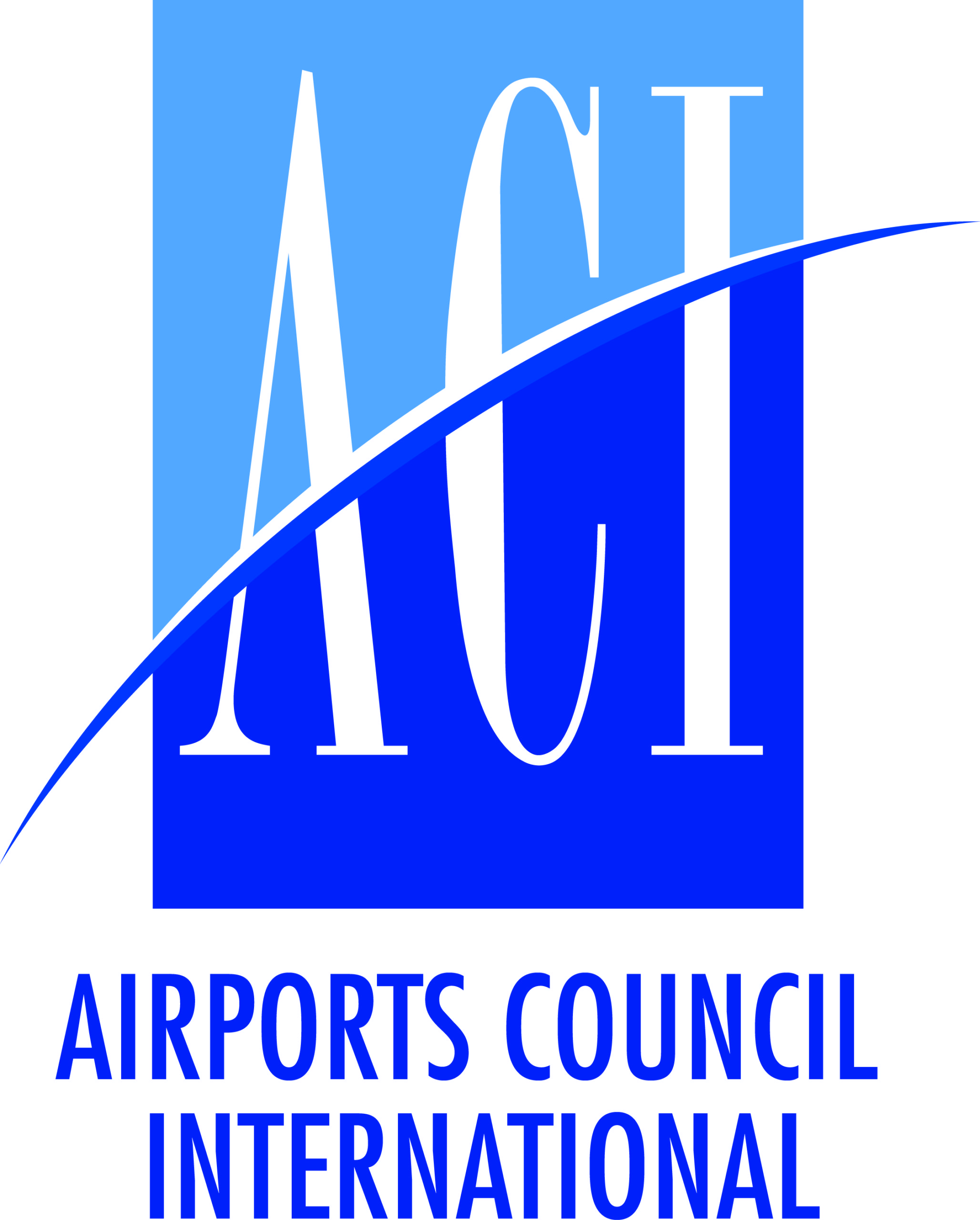Source: ACI Europe
- A landmark development for air and sea transport in South-Eastern Europe set to bolster societal cohesion and facilitate travel between Romania, Bulgaria and other Schengen Zone countries.
ACI EUROPE and the European Travel Commission celebrate the first stage of Romania and Bulgaria’s accession to the Schengen Area today as controls at air and sea borders are lifted. This momentous first step is set to bolster social cohesion and deepen European integration.
Olivier Jankovec, ACI EUROPE Director General said: “Schengen is part of the fundamental fabric of European air travel, allowing a smoother passenger experience and more efficient operations with faster connecting times and streamlined checks. Facilitating travel for EU citizens in Romania and Bulgaria is an important step forward for Europe. It is about further strengthening integration and driving equality through the fundamental right to free movement. This development will have positive economic and social repercussions for local communities and the wider economy.”
Eduardo Santander, ETC Executive Director said: “Welcoming Romania and Bulgaria into the Schengen Zone by air and sea is key in facilitating seamless travel for locals and tourists alike. This offers a stellar opportunity to develop tourism in these two lesser-known destinations, which will benefit local communities and businesses as well as the wider European tourism ecosystem. We hope that this marks the beginning of a swift journey towards full accession, and that land borders will be lifted soon.”
Benefits for Citizens
The EU’s passport-free travel space is one of the most tangible achievements of European integration for its citizens. The Schengen Zone facilitates free movement between 27 countries, including 23 EU Member States. Removing barriers to travel between countries within the Zone has created a more seamless travel experience with shorter queues and less administrative burden. This is particularly crucial given the importance of intra-European travel for European airports and destinations.
Integrating Bulgaria and Romania into the Schengen Zone by air and sea is a key step forward for improving connectivity to the two countries. This will level the travel and tourism playing field, allowing travellers to move between Bulgaria, Romania and other Schengen Zone countries without undergoing passport or customs checks.
Dynamic Local Markets
Airports and air travel will act as key drivers of closer integration between the newly minted Schengen countries and the wider community. Bulgaria and Romania have still considerably lower propensity to fly compared to the EU average (EU 1.69, Bulgaria 0.87, Romania 0.60), pointing to a large untapped potential for air traffic growth. Both countries have also been at the forefront of the industry’s recovery from the COVID-19 crisis, posting dynamic growth well above pre-pandemic volumes (Jan 2024 vs Jan 2019: EU -3%, Bulgaria +7%, Romania +4.3%). Joining Schengen will give them a further boost, while also driving the EU-wide air travel recovery.
David Ciceo, President of the Romanian Airport Association and ACI EUROPE Board Member said: “Already in the remaining months of 2024, Romanian airports expect over 14 million passengers to travel within the Schengen Zone, representing some 70% of all passenger traffic. The dynamic growth of air transport in our region means that figure will reach almost 21 million passengers in 2025.”

